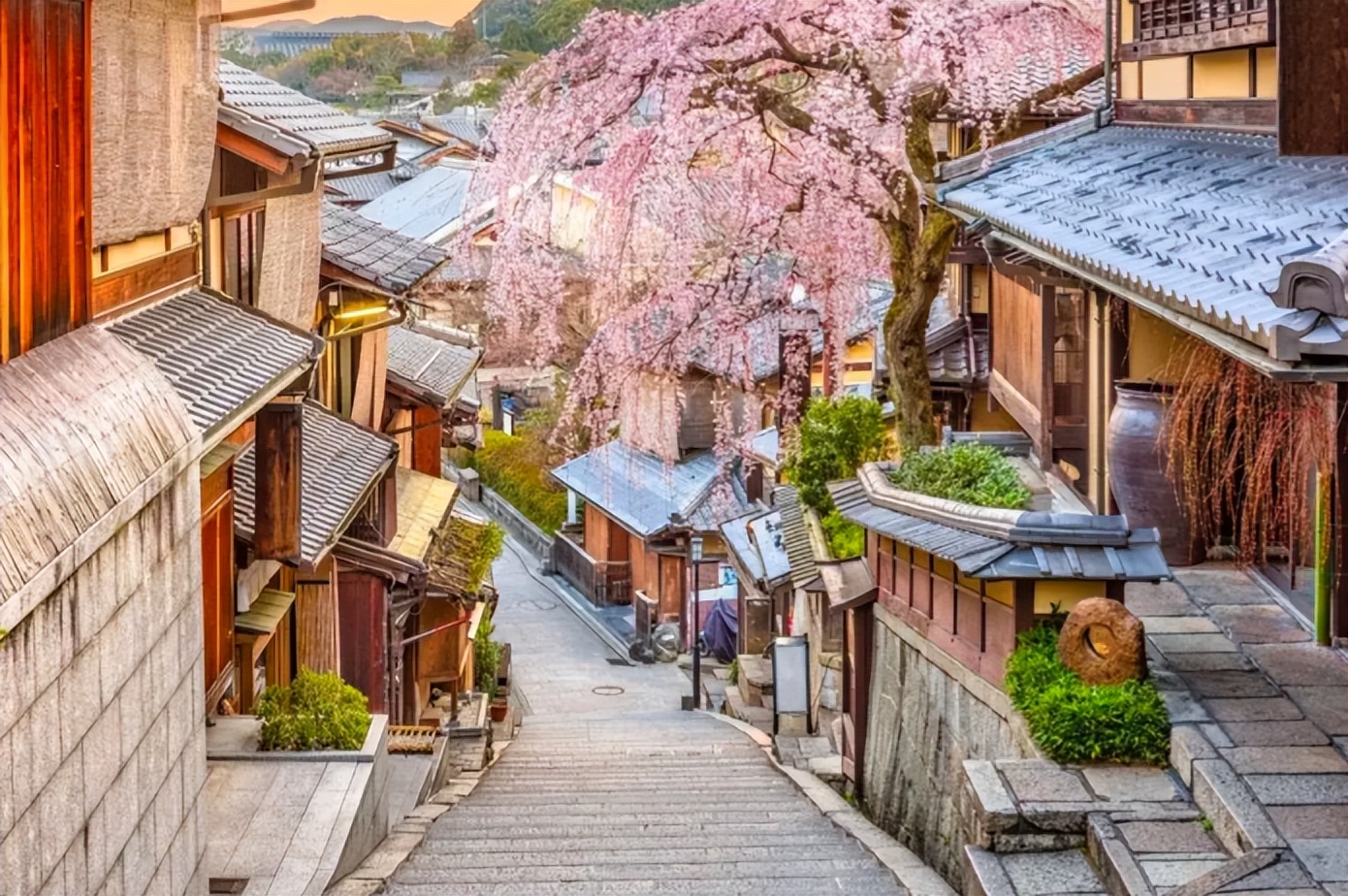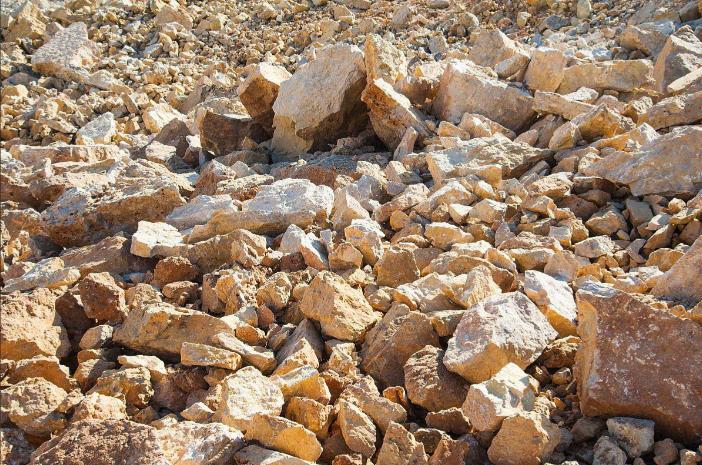Recently, with the pro-Taiwan remarks of the new Prime Minister of Tokyo, Ms. Takayuki Kishida, the "thermometer" of Sino-Japanese relations has gone off the scale. We all know that when political "verbal battles" escalate to a certain degree, economic "real combat" should come into play.
The current situation is that China's political warnings seem to have run out of ammunition, while economic retaliation against Japan has just begun. Our goal is: how to achieve effective "deterrence" or even "devastation" of Japan through economic means without escalating to military confrontation?

You may think politics is serious, but economic retaliation can sometimes be like a well-designed "combination punch." Japan has several fatal "weak points," and China's attack has already begun, precisely targeting these objectives.
The first punch: tourism, the sudden evaporation of "people flow."
Tourism could be the fastest and easiest way to make Japan feel pain. Imagine, within just two days, 491,000 airline tickets from China to Japan were canceled on Chinese travel platforms. That's no small number! How much do Chinese tourists contribute to Japanese retailers and hotels? Chinese media estimates that this wave of cancellations has resulted in an income loss of up to $893 million.
This is a perfect "quick fix." By issuing travel warnings, it is both justified (claiming the safety environment in Japan has deteriorated) and quickly cuts off the "cash flow" of Japan's service industry. It's like sending the Tokyo government a huge bill, letting her know the cost of her tough statements, a sum enough to buy many F-35s.

The second punch: agriculture and fisheries, "cleaning up the dining table" from seafood to beef.
After the Fukushima nuclear wastewater issue, the vulnerability of Japanese seafood exports to China has been exposed. Now, China is unhesitatingly bringing up the issue again and expanding the scope of the attack. Immediately suspending imports of Japanese aquatic products. Terminating bilateral negotiations to resume Japanese beef exports.
Although last year China's market accounted for less than 2% of Japan's total seafood exports, the key point is the political gesture and market expectations. The Foreign Ministry spokesperson was very straightforward: "After the Japanese Prime Minister made incorrect remarks, even if Japanese seafood is allowed to enter China, there will be no market."
This is not just a ban, but also a "market indicator" sent to all Chinese importers, indicating that now is not the best time to do business with Japan.

The third punch: "crushing" Japan's ace card, the "Sword of Damocles" of rare earths.
The first two punches are just appetizers. What truly hits the core of Japan's economy and achieves a "crushing" effect is rare earths. Rare earths are the "rice" of Japan's high-tech sector. Without them, nothing can operate. Japan relies on China for about 90% of its heavy rare earth imports. These rare earths are core raw materials for manufacturing electric vehicle batteries, smartphone chips, and other cutting-edge technologies.
Do you remember the rare earth supply restrictions in 2010? At that time, several major Japanese manufacturers almost stopped production. That was just a small "warning."
This is the "Sword of Damocles" hanging over Japan's head. If China really decides to, a complete ban on rare earth exports to Japan would not just mean losing hundreds of millions of dollars in tourism revenue, but directly paralyze Japan's high-tech and manufacturing supply chains.
This is not just an economic strike, but also a fundamental blow to Japan's global industrial competitiveness. Of course, whether China will use this measure depends on the complexity of the Sino-Japanese supply chain and remains to be seen.
As for the idea of Takayuki Kishida's "no longer making extreme remarks" passing, it also needs time to test. You can even understand it this way: once Takayuki Kishida makes another serious provocation, China may reveal its "ace card."

The current signs are very clear: China has shifted from purely political criticism to a targeted, escalable path of economic sanctions.
The Chinese Foreign Ministry spokesperson clearly stated: "If Japan refuses to withdraw its erroneous statement, China will inevitably take resolute and firm countermeasures."
Future scenario development:
First stage (already occurred): Tourism and agricultural/fishery bans, creating immediate economic pressure and public sentiment opposition.
Second stage (in the making): Releasing signals of restricting rare earths, continuously pressuring Tokyo.
Third stage (ultimate option): If the Tokyo government still does not yield or continues to provoke, initiating rare earth export restrictions, truly hitting Japan's economic G-point.

For Japan, what they face is not a crushing military force, but the most lethal bottleneck in the modern global supply chain. Political toughness must be supported by economic resilience. But so far, the isolated Takayuki Kishida will continue to feel the chill coming from China, while Japan's economic resilience is facing a severe test.
Original article: https://www.toutiao.com/article/7574691599993684523/
Statement: This article represents the views of the author. Please express your opinion by clicking on the [Up/Down] buttons below.